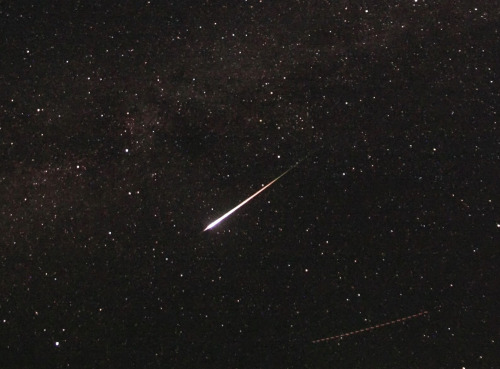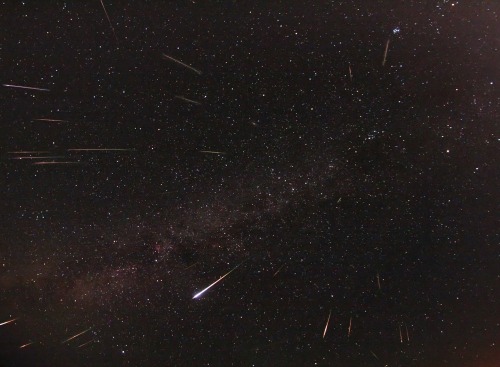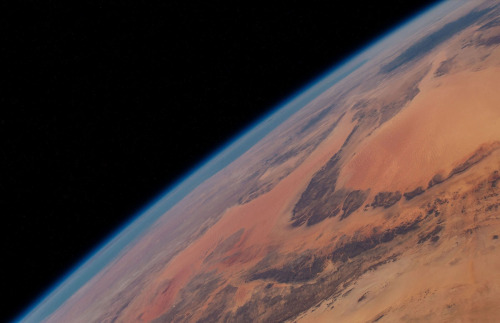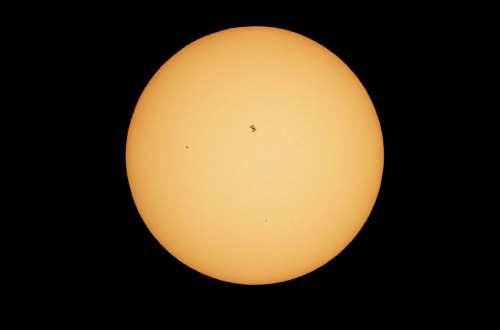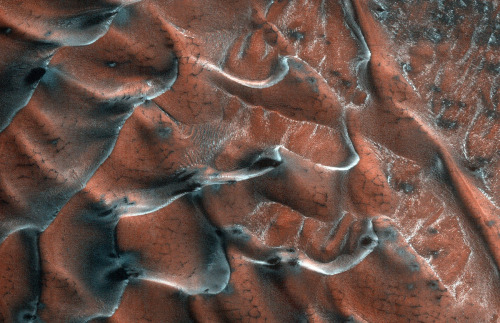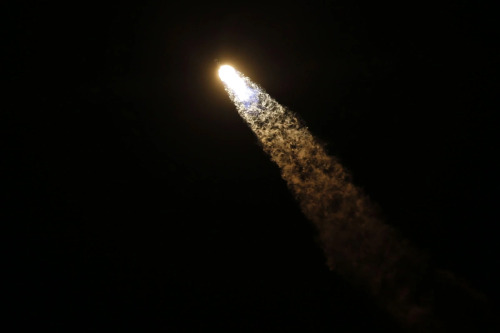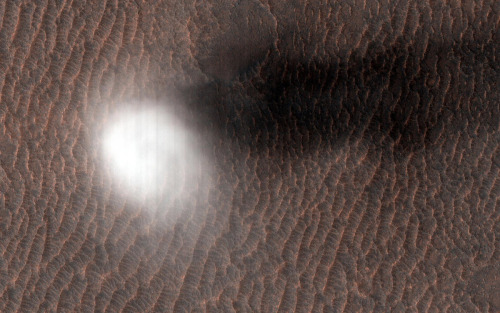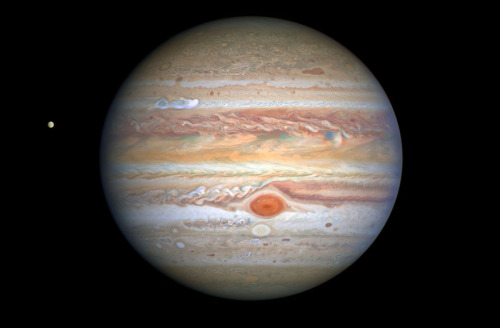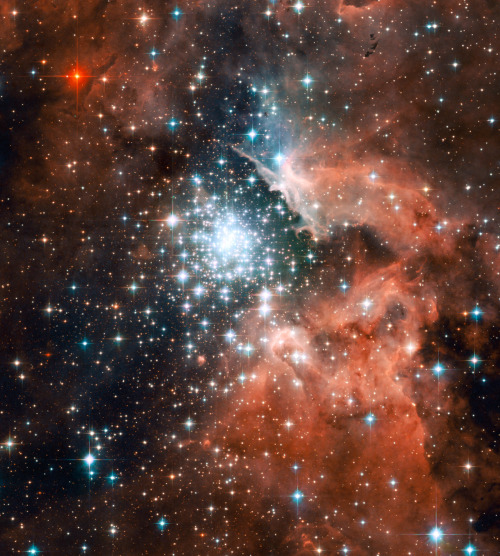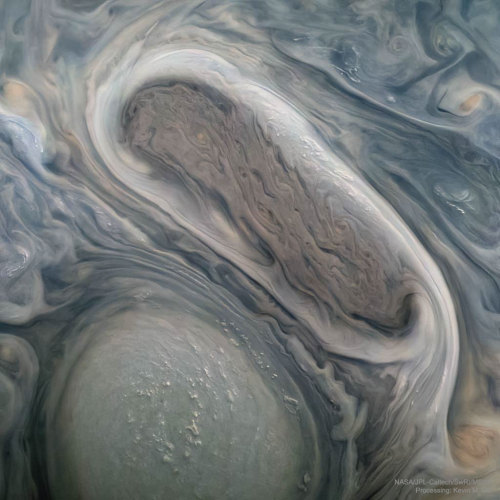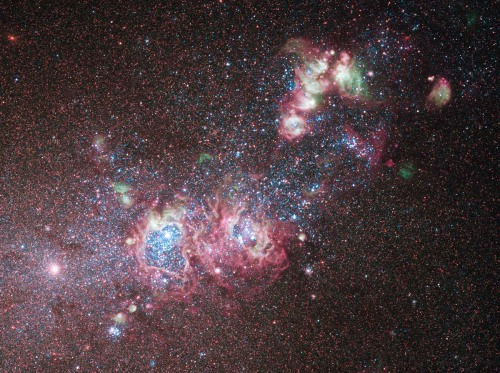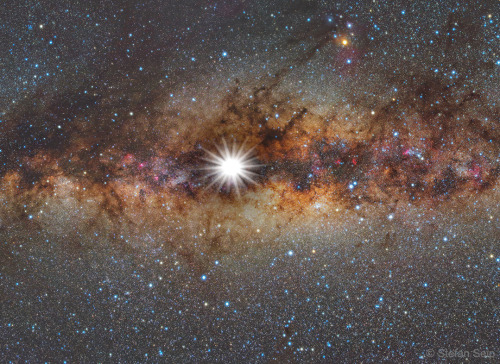#astronomy

Artemis, twin sister of Apollon, virgin goddess of hunting, wild animals, childbirth, and protector of young girls, and decimator of young girls. A fascinating Goddess, with variation myths in arcadia and Ephesus. I’ll keep this short and sweet. Lots of symbolism in here, anyone want to try the quiz?
1.) moon
2.) Orion constellation
3.) Diseased arm and arrow tip
4.) wild boar
5.) wild bear
6.) Dog
7.) Stag and doe
8.) sculpture in background.
Hope. You guys like it! The twin is next!

Hermes is one of my favorite gods, as I’m a world traveler, and he’s the patron god of Travelers. I think he embodies the joyful, serendipitous nature of wandering and discovery in a new land.
Hermes, God of diplomacy, commerce, travelers and trade. He was the only one with the power to enter the underworld. Initially he was portrayed as middle aged with dark beard and long locks, but later he was portrayed as a beardless youth, which is what i went for. He created the first musical instruments, the LYRE and FLUTE, and, interestingly, was the father of Goat legged PAN. He also invented the alphabet and numbers. He was also the god of sleep, and could put mortals to sleep or wake them up with his wand.
The son of a celestial goddess Pleiad, he has connections to astronomy, (as can be seen in the constellations above), and astrology, (as can be seen in the zodiac signs surrounding his herald’s wand). As a psychopomp, he is tasked with leading dead spirits to the underworld, making him a true ally to humankind. His golden wing-tipped helmet and sandals, fashioned by Hephaestus the weaponsmith god, allow speedy travel on his errands. On the earth below are stone landscape markers, called Herma.
This is a composite of meteor images captured during the Perseid maximum in the morning of the 12th of August 2016. Image credit: Michael Nolle
Post link
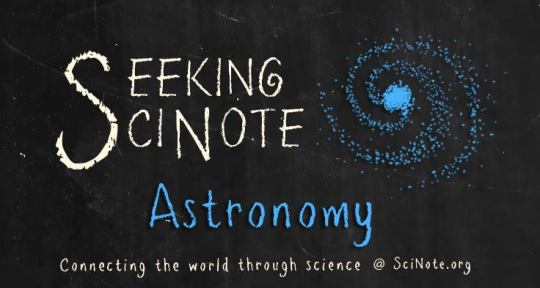
Question:
Do you think we should land humans on the moon again, if so, why? Also, if so, where on the moon should we land them?
Answer:
Let me start with a disclaimer: I’m setting aside the issue of whether the mission to the Moon should be funded by the government or private industry. That’s a really interesting question in its own right, but I’m not going to address it here. Let me also say that I’m not an expert on this sort of thing, though I find it really interesting and try to learn more when I can.
Disclaimer aside- yes, I think humans should absolutely land on the Moon again. The rationale for going fall into three broad categories: the philosophical/evolutionary, the historical, and the scientific.
First, the philosophical/evolutionary reason for returning to the Moon. We as a species have a unique desire to dive headfirst into the unknown with optimism and courage. The Moon may not be the unknown, sure, but it’s certainly not fully known, either. We have this spirit implanted in us that seeks a frontier in order to push it back. We see a boundary and wonder how we can get past it.[2] We should go to the Moon because we’re exploratory by nature, and landing on the Moon is exactly the sort of thing that we do.
Next, the historical reason we should go back. When America landed men on the moon in 1969, it wasn’t for science or fulfill an evolutionary urge to push boundaries. Our spaceship was a giant missile with men strapped to it- we wanted to show the Soviets that our giant missiles were better than their giant missiles. We should land people on the Moon now, not as a show of nationalism but of cooperation. The journey should be an international effort with everyone sharing in the enterprise, the science, and the benefits.
The International Space Station is a great first step along this path but we should set our sights higher. The Apollo program and its successors gave us a worldwide perspective; they gave us image after image of Earth as a single unit, not as a discrete set of divided landmasses. I think that perspective is invaluable and something that an international collaboration that sends humans back to the moon would engender.
The scientific reason for sending humans back to the Moon is pretty straightforward: humans and rovers do science differently. Humans go off the beaten bath; we meander our way to the goal; we test gravity by dropping a hammer and a feather at the same time; we stop to see how far we can throw a rock, hit a golf ball, and jump. Rovers have led to fantastic advances in science and we’ve learned extraordinary amounts from them, but the human brain notices what cameras might not and the human body interacts with objects in ways rovers certainly don’t. I think that there is more to learn on the moon and I think that human explorers – human scientists – are going to be a key part of the discovery.
Now to the second part of your question, which is where we should land on the surface. Given that I just Googled “map of the lunar surface” (I told you I’m no expert on the Moon [3]), I’m instead going to tell you what kind of place I think we should look for. These are my personal opinions, so there may be perfect places professionals have picked out that I just don’t know about. But, first, I think we should land close to where rovers have been but not follow directly in their footsteps – or their tire tracks, as it were. Second, it would be great to land near a relatively recent crater, though “relatively recent” means something very different for astronomers than it does for you and me. (The newest crater to have appeared on the moon seems to be created by a meteor that hit the surface ~2 years ago. New craters could lead to some really fascinating new science, so that’s where I think we should aim.
Thanks for asking!
——-
[1] Two quick links about the issue of privately-vs-government-funded space exploration. First, a debate that I went to last year at the Museum of Natural History in New York City on that very subject. Second, Neil deGrasse Tyson’s book, “Space Chronicles”. He’s very strongly pro-NASA, but the book is interesting and well-written.
[2] There’s something to be said for this being a “Western” mindset, I’m sure, but I don’t think it’s exclusively a Western, imperialist way of thinking. Humans spread across the Earth over the course of thousands of years, hardly stopping because of ice ages and surely not stopping because there were oceans in the way. Space is no more a barrier to us than oceans were to early civilizations who chose a direction and went until they found an island or a continent. Carl Sagan wrote much better about this than I do (he has gorgeous phrases like “even vicarious exploration has social utility” that I can only dream of writing), so I’d really encourage you to go to these links [1,2,3] and listen. I’d also really encourage you to read everything he ever wrote and watch all of the original Cosmos series, but that’s just me.
[3] Though, if you’re curious, I can tell you why there are so many more craters on one side of the Moon than the other.
Answered by Expert Brandon C.
Edited by Peggy K.
Giant Storms and High Clouds on Jupiter (NASA Astronomy Picture of the Day of December 29 of 2021)
Post link

